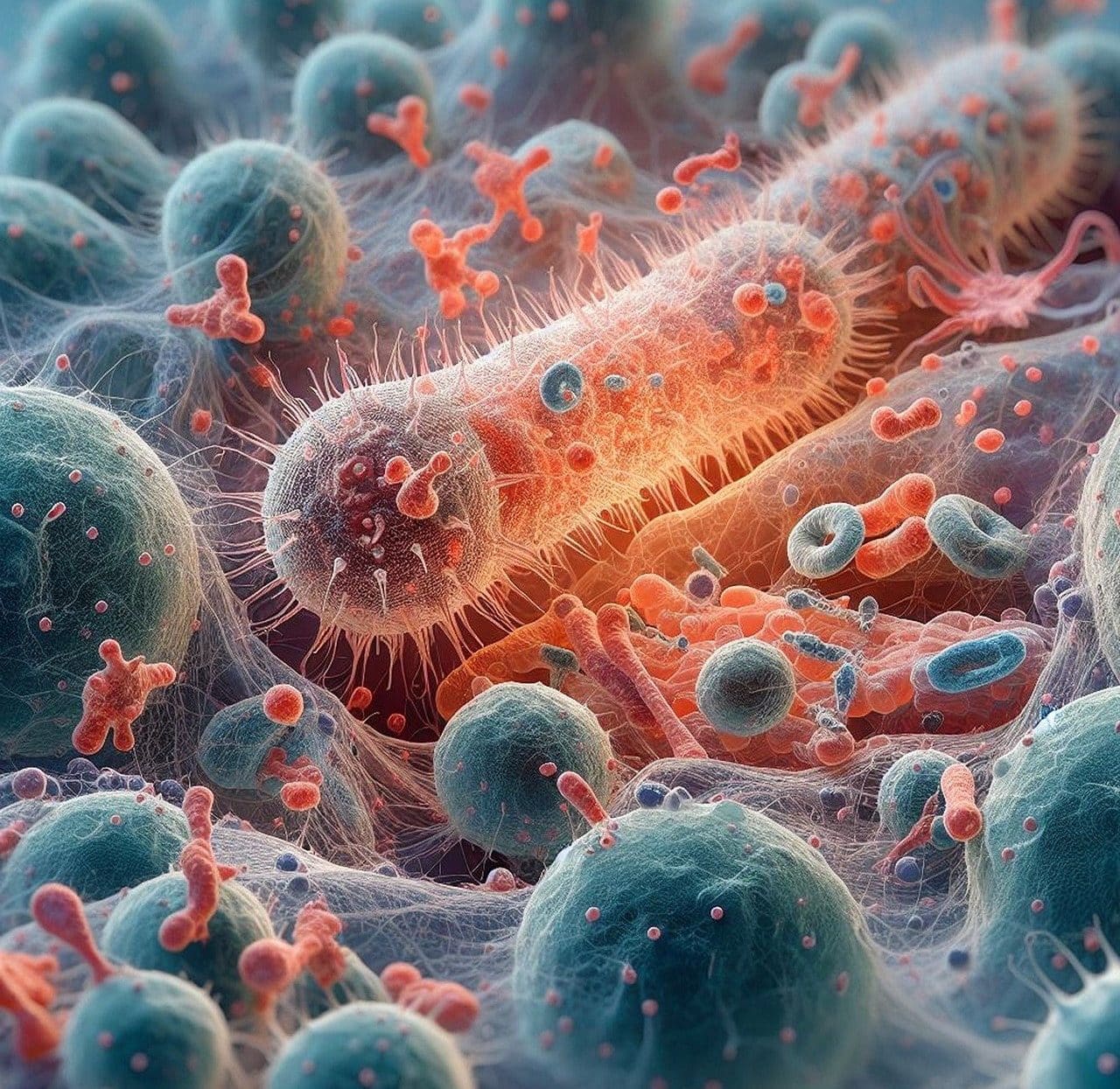
The immune response is an organism's way of recognizing and defending itself against pathogens.
The immune response is the way an organism has to recognize and defend itself against all those agents that it considers foreign and harmful. The immune system is responsible for regulating and managing these responses.
A response is a reaction to a stimulus, the satisfaction of a concern or the response that an individual provides when called or requested. Immune , for its part, is what is linked to immunity (the resistance of an organism against the actions of a pathogenic agent ).
Thanks to different structures , the immune system carries out various processes to identify and eliminate potentially dangerous pathogens. That immune response (also known as immune response ), however, must be precise to be successful: when the immune system fails, the response may involve destroying healthy cells.
Characteristics of the immune response
It should be noted that the immune response is a reaction that generally arises from the analysis that the body performs on the molecules of viruses , bacteria and other microorganisms that it detects.
In addition to all of the above, it is worth knowing other interesting information about the immune response:
- It is developed in three steps: recognition, attack and memorization.
- The immune response is closely related to the immune system, which is what allows it to exist thanks to the fact that it consists of cells and organs.
- Immune cells are responsible for detecting foreign molecules that belong to the invading element.

An allergy is an inappropriate immune response.
allergies
It is important to establish that within the field of medicine focused on allergies , reference is made to three types of immune responses:
- The innate immune response , the defense system with which all human beings are born and which is responsible for protecting us against antigens. It acts as the body's first line of defense against different elements that can cause harm. Specifically, this category includes tears, coughs, snot...
- The acquired immune response is the one generated by a person's immune system to protect itself from a specific antigen .
- The passive immune response is made up of antibodies that are produced in the body of another individual. Therefore, this type of response is what babies have who, during the first months of life, have the antibodies that their mothers have been able to transfer to them through the placenta. It is important to know that they will disappear throughout the first year.
The immune response and immunodeficiency
When a person suffers from immunodeficiency , their immune system is not able to protect the body adequately: thus, by not providing immune responses consistent with the action of pathogens, the individual is susceptible to infections.
People who suffer from acquired immunodeficiency syndrome ( AIDS ), for example, have problems presenting immune responses due to the action of a virus . The treatment of AIDS, therefore, includes the provision of drugs that help strengthen the immune system and prevent the virus from reproducing.
